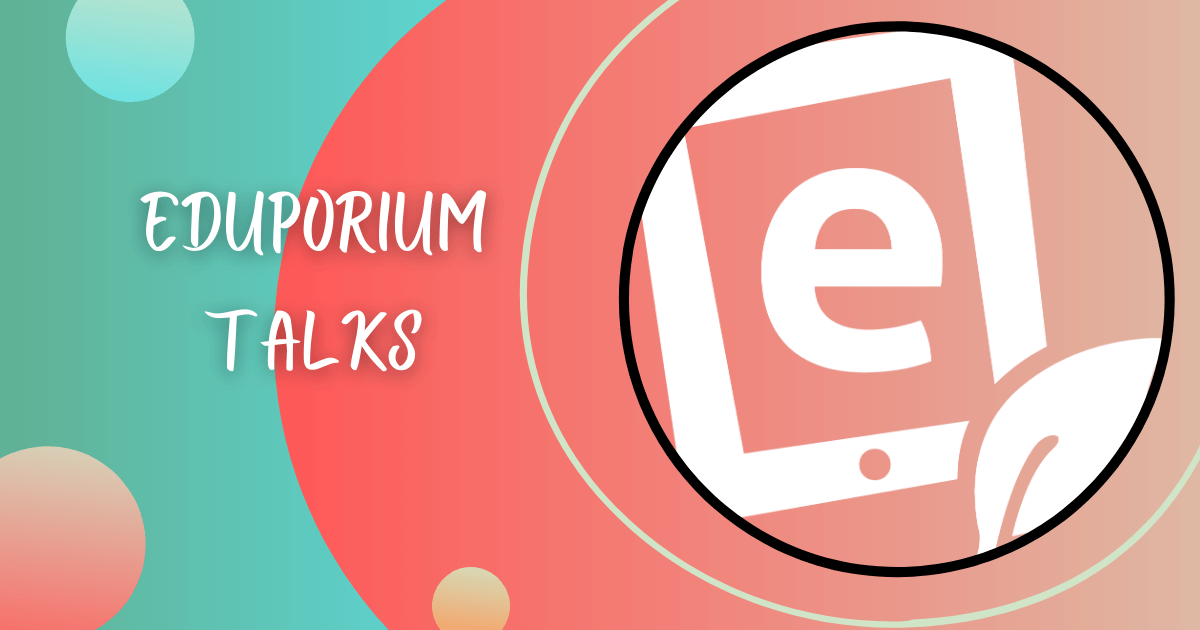André Canty is a native of Knoxville, TN and a graduate of South Doyle High School. He began his undergraduate work at Middle Tennessee State University and later transferred to the University of Tennessee. His degree is in English Literature. He is also the instructor for the Odd Fellows Scholars Program in Knoxville, where he teaches students in grades 7-12 to illustrate Black history in the East Knoxville area through written material and digital storytelling through the Apple IPad. He was the former Assistant to Director at the Beck Cultural Exchange Center, which is the Black History Museum in Knoxville. Andre is the President of the 100 Black Men of Greater Knoxville. The Knoxville 100, consistent with our national parent organization, 100 Black Men of America, Inc., focuses its efforts and energies on improving the lives of African American and other minority youth in our community.
Q: You are a great role model for your students and colleagues. What drives you to get involved in the work that you do?
A: It stems from me wanting to be a superhero. It may sound sophomoric, but I’ve always wanted to be more than a man: more than a mortal. With that mentality, I try to help others realize their own power. Muhammad Ali felt that helping others is paying rent for living on Earth and I’m liberal with my paying.
Q: What do you find most challenging and most rewarding in teaching your students?
A: The most challenging thing about teaching is to teach them critical thinking in a country where standardized testing dominates schools. They’re taught to memorize and not the skills to lead. They’re taught to follow. The dependency on technology can be a challenge. We cannot rely solely on technology because the brain is the most powerful thing in the world. The brain created the computer.
The most rewarding part of the job is that my students will have the tools necessary to make them a great success in college academically and leadership skills to make them greater than even they realize.
Q: How is the iPad used for storytelling in your classroom? And how do the students respond to this digital form over traditional methods?
A: I teach them how to take oral history tradition and use the iPad to make it visual. The purpose is to give cultural capital to the surrounding neighborhood that is not aware of the rich history in its backyard. They’re Black people in Knoxville who have done incredible things and their story must be told, so the purpose of the iPad is to give that capital using 21st century technology. They respond well because they grew up with iPads, Youtube, and all things internet, so it’s natural to them.
Q: In what ways do you think the iPad can be used in education on a whole outside of how you use it in your classroom?
A: It could be used as a hands on learning experience. The use of video also taps into their creative side and when that side aligns with the analytical side, they can create wonders. It could be a tool for social change too because you can get the real story on the world’s ills by the people who live it and not by a corporate-run news source.
Q: What are the most important lessons in life that you try to teach your children to help them prepare for life after high school?
A: I try to teach them that they could reach the highest of heights regardless of their background; to make them aware that they can affect change in society. I teach to modify the skills taught in school in a more creative way and I teach them to think critically of themselves and the world around them.



